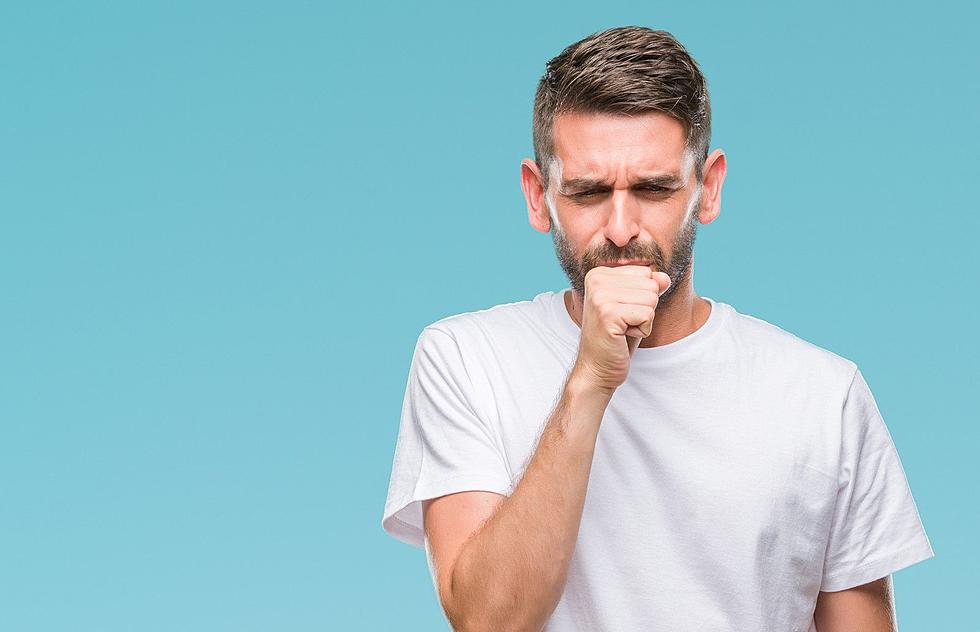![Is It a Cold or the Flu? [AUDIO]](http://townsquare.media/site/385/files/2013/10/Getty-Images-Spencer-Platt.jpg?w=980&q=75)
Is It a Cold or the Flu? [AUDIO]
It's that time of year again, cold and flu season. With people inside more often and in closer contact, catching a cold or the flu is more common and some of the symptoms are similar.
So, how can you tell the difference between the two? For starters, while stuffy nose, sore throat and cough can happen with both, colds tend to be less severe than the flu.
"The flu has been compared to an oncoming, charging train where it hits you suddenly and severely. You get fever, headache, fatigue, cough, sore throat, chills and temperatures not uncommonly running above 102. You literally feel like you've gotten hit by a train," said Dr. Edward Lifshitz, medical director at the Communicable Disease Service at the New Jersey Department of Health. "A cold tends to have a more gradual onset and is not as severe. Cold and flu symptoms often do overlap and it's sometimes hard to tell based on the symptoms alone."
What are the differences between a cold and the flu? The National Institute of Allergy and Infectious Diseases lists the following symptoms and their associations with both illnesses:
- Fever: Rare for a cold, common with flu. Fevers with flu can be higher than 102 degrees, especially in children. They can also persist three or four days.
- Headache: Rare for a cold, common in flu.
- Aches and pains.: Mild with a cold, often severe with flu.
- Fatigue: Sometimes occurs with colds, but flu usually starts with a period of exhaustion, with fatigue lasting two or three weeks.
- Sneezing, stuffy nose, sore throat: The most frequent symptoms of a cold also occur sometimes with flu.
- Chest discomfort and cough: Mild to moderate with colds, but can be severe with flu.
The only way to know for sure is to get a test done at the doctor's office. However, that is not always guaranteed.
"You can get the results in 30 minutes or less, but the problem with that test is that if it comes back negative, that doesn't necessarily mean you don't have the flu," Lifshitz said. "Either way, a cold and the flu are not bacterial, so you can't use antibiotics. You can only treat the symptoms and get rest."
There is medication for the flu that can speed up recovery, but it has to be started upon onset. Most people will get better with or without it.
"Whether it's a cold or the flu, either will make you feel lousy, so you just have to get rest, drink plenty of fluids and don't expose other people," Lifshitz said. "The single best treatment is prevention and the best prevention against the flu is the vaccine. It's still not too late to get it."
The New Jersey Department of Health, as of last week, lists flu activity for the state as "moderate." Flu activity for the same week last year was described as being at a "high" level in New Jersey. The Centers for Disease Control also lists the spread of influenza in New Jersey as "moderate."
More From New Jersey 101.5 FM









